
Pangai: The Heartbeat of Tonga's Ha'apai Islands
Pangai, nestled in the Ha'apai group of islands in the Kingdom of Tonga, is a serene and picturesque destination that offers a unique blend of natural beauty and rich cultural heritage. This charming town is the administrative center of the Ha'apai islands and is known for its welcoming community and laid-back island vibe. Visitors to Pangai can expect to be greeted by friendly locals and an atmosphere that feels worlds away from the hustle and bustle of modern life. The town itself is small but full of character, with traditional Tongan buildings and the majestic St. Joseph's Cathedral standing proudly in the center. The local market is a must-visit, where you can find fresh produce, handcrafted goods, and a chance to interact with the island's residents. Pangai's coastal location also makes it a gateway to some of the most stunning beaches and coral reefs in the Pacific. Adventurous travelers can spend their days snorkeling, diving, and exploring the underwater wonders that surround the island, while those looking for relaxation can bask in the sun on pristine, white-sand beaches. Pangai is also steeped in history and culture. The nearby historical sites, such as the Lifuka Island and the ancient stone structures, offer a glimpse into the rich past of the Tongan people. The island's traditional feasts and dance performances provide an authentic taste of Tongan culture, making it a perfect destination for those looking to experience something truly unique and unforgettable.
Local tips in Pangai
- Visit the local market early in the morning for the freshest produce and a chance to meet the locals.
- Bring cash as there are limited ATMs and many places do not accept credit cards.
- Take a guided tour to explore the nearby islands and historical sites for a deeper understanding of Tongan culture and history.
- Don't miss out on the traditional Tongan feasts and dance performances to experience the local culture.
- Pack reef-safe sunscreen to protect the coral reefs while enjoying water activities.
Pangai: The Heartbeat of Tonga's Ha'apai Islands
Pangai, nestled in the Ha'apai group of islands in the Kingdom of Tonga, is a serene and picturesque destination that offers a unique blend of natural beauty and rich cultural heritage. This charming town is the administrative center of the Ha'apai islands and is known for its welcoming community and laid-back island vibe. Visitors to Pangai can expect to be greeted by friendly locals and an atmosphere that feels worlds away from the hustle and bustle of modern life. The town itself is small but full of character, with traditional Tongan buildings and the majestic St. Joseph's Cathedral standing proudly in the center. The local market is a must-visit, where you can find fresh produce, handcrafted goods, and a chance to interact with the island's residents. Pangai's coastal location also makes it a gateway to some of the most stunning beaches and coral reefs in the Pacific. Adventurous travelers can spend their days snorkeling, diving, and exploring the underwater wonders that surround the island, while those looking for relaxation can bask in the sun on pristine, white-sand beaches. Pangai is also steeped in history and culture. The nearby historical sites, such as the Lifuka Island and the ancient stone structures, offer a glimpse into the rich past of the Tongan people. The island's traditional feasts and dance performances provide an authentic taste of Tongan culture, making it a perfect destination for those looking to experience something truly unique and unforgettable.
When is the best time to go to Pangai?
Iconic landmarks you can’t miss
Mapu'a Vaea Blowholes
Discover the breathtaking Mapu'a Vaea Blowholes, a natural wonder in Tonga where powerful ocean waves create spectacular water eruptions against volcanic rocks.
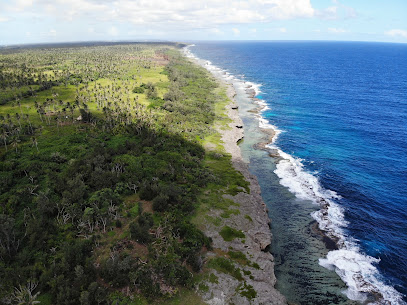
Royal Palace of Tonga
Explore the grandeur of the Royal Palace of Tonga, a historical treasure showcasing the rich heritage and royal traditions of the Tongan monarchy.
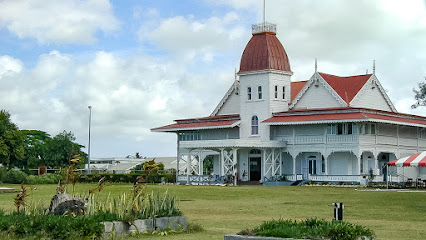
Anahulu Cave
Explore the enchanting Anahulu Cave in Haveluliku, Tonga, where turquoise waters and stunning limestone formations await every adventurer.
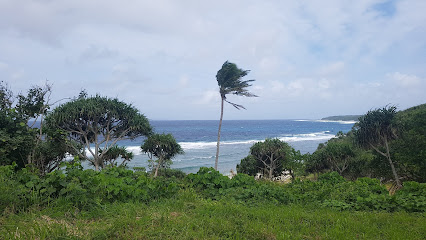
Royal Tombs
Explore Tonga's Royal Tombs in Nuku'alofa, a serene historical landmark showcasing the rich cultural heritage of the Tongan monarchy.
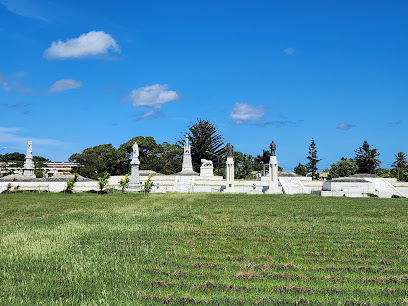
Ancient Tonga
Discover the rich heritage and stunning landscapes of Ancient Tonga, a must-visit destination that brings history and culture to life.
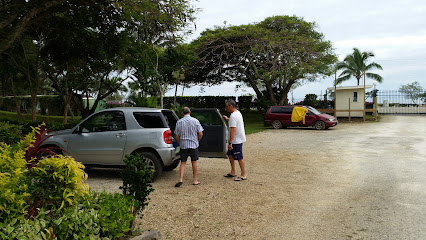
Ha'amonga 'a Maui Trilithon
Experience the awe of Ha'amonga 'a Maui Trilithon, a historical landmark in Tonga reflecting ancient Polynesian culture and remarkable architecture.
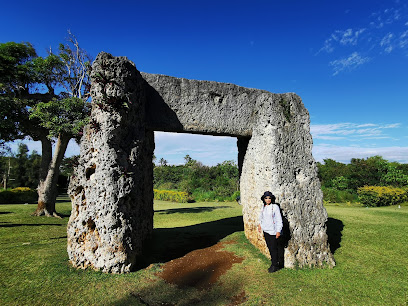
3 Headed Coconut
Experience the unique beauty of the 3 Headed Coconut in Matahau, a must-see natural wonder that captures the essence of Tonga's rich cultural heritage.
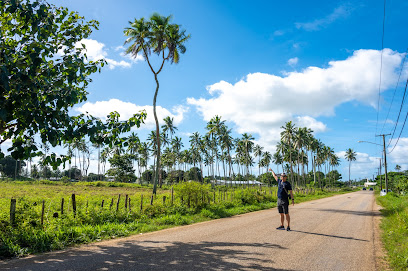
Captain Cook Landing Site
Explore the rich history of Tonga at the Captain Cook Landing Site, a serene landmark celebrating the legacy of the famed explorer.
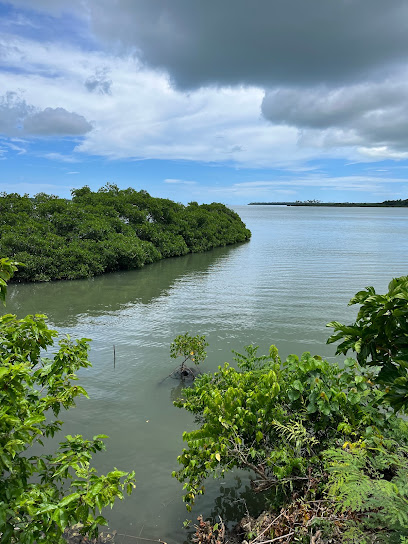
Paepae o Tele'a
Explore the captivating history and serene beauty of Paepae o Tele'a, a must-visit historical landmark in Tonga.
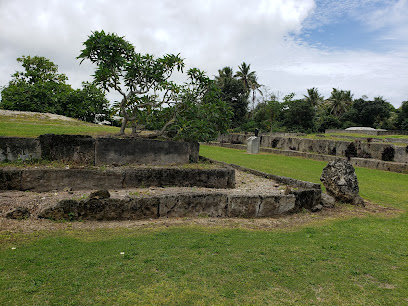
Maka Fa'akinanga
Discover the historical significance and natural beauty of Maka Fa'akinanga, a must-visit landmark in Niutoua, Tonga, that embodies the island's rich cultural heritage.
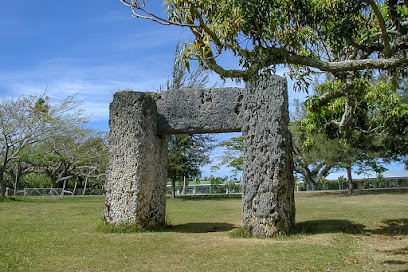
Hufangalupe
Experience the breathtaking beauty and cultural significance of Hufangalupe Bridge in Fua'amotu, a must-visit destination in Tonga.
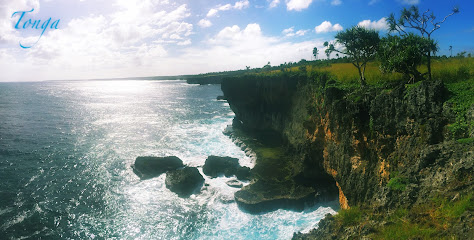
Pangai Lahi
Explore Pangai Lahi: A serene and stunning tourist attraction in Nuku'alofa, Tonga, where nature's beauty meets cultural heritage.
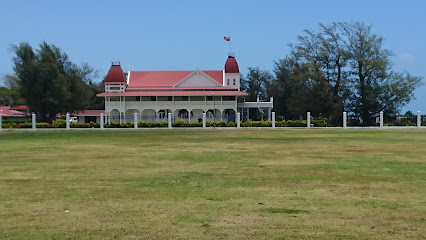
Pangai Si'i
Explore the natural beauty and rich culture at Pangai Si'i, a top tourist destination in Nuku'alofa, Tonga, perfect for adventure and relaxation.
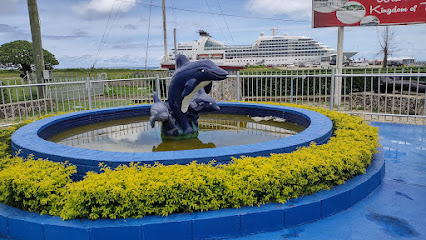
Signpost intersection
Explore the breathtaking hiking trails of the Signpost Intersection in Pangai, where nature and Tongan culture beautifully intersect.
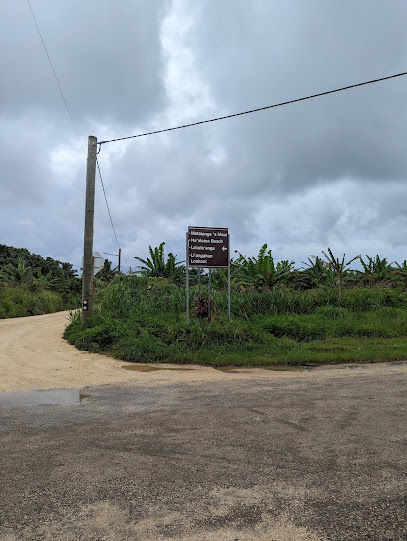
Pangai Cemetary
Explore Pangai Cemetery in Vaini, Tonga—a tranquil tribute to heritage and a reflection of Tongan customs and artistry.

Unmissable attractions to see
Mapu'a Vaea Blowholes
Experience the awe-inspiring Mapu'a Vaea Blowholes in Houma, Tonga, where nature's power creates breathtaking ocean sprays and stunning coastal views.
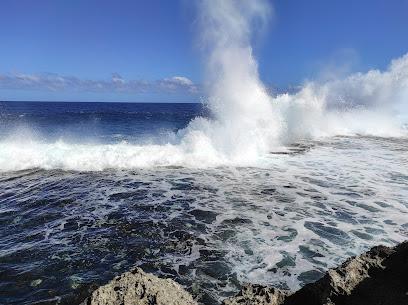
Anahulu Cave
Discover the breathtaking beauty and rich cultural heritage of Anahulu Cave in Haveluliku, a must-visit tourist attraction in Tonga.
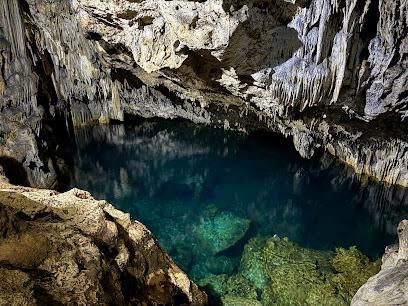
Royal Palace Of Tonga
Discover the Royal Palace of Tonga, a historic site that showcases the rich heritage and cultural significance of Tongan royalty in Nuku'alofa.
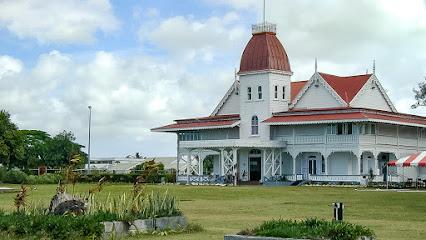
Royal Tombs
Explore the rich heritage of Tonga at the Royal Tombs, a historical landmark in Nuku'alofa, where royal stories come to life amidst serene landscapes.
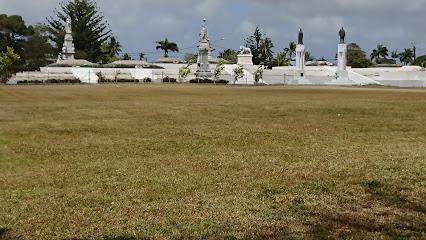
3 Headed Coconut
Discover the unique 3 Headed Coconut in Matahau, a breathtaking natural wonder showcasing the beauty of Tonga's lush landscapes.
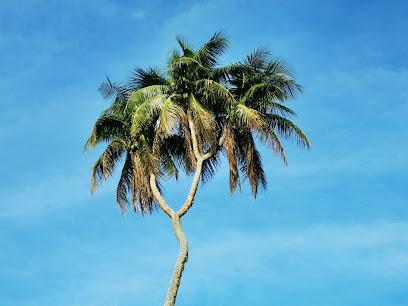
Ha'atafu Beach
Discover the serene beauty of Ha'atafu Beach in Tonga, where pristine sands meet crystal-clear waters for the perfect tropical getaway.
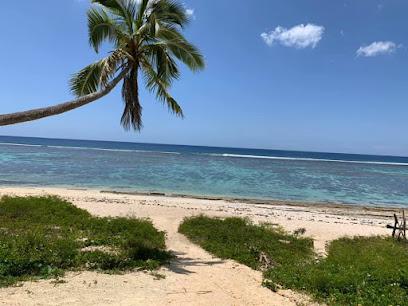
Captain Cook Landing Site
Discover the historic Captain Cook Landing Site in Alaki, Tonga, where exploration meets breathtaking natural beauty and rich cultural heritage.
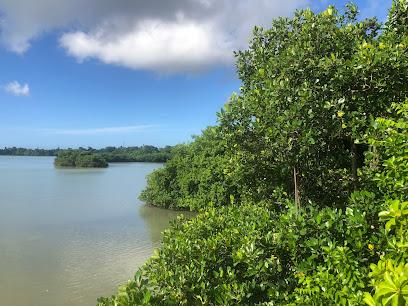
Teta Tours
Discover the beauty and culture of Tonga with Teta Tours – your expert guide in Nuku'alofa for unforgettable adventures.
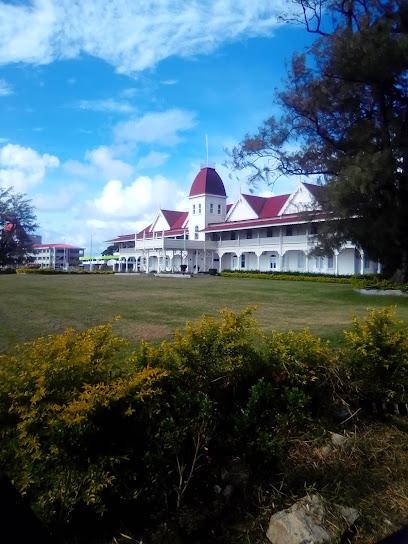
Laku Fa'anga Cliffs
Explore the stunning Laku Fa'anga Cliffs in Tonga, a nature preserve offering breathtaking views and unique flora for the ultimate outdoors experience.
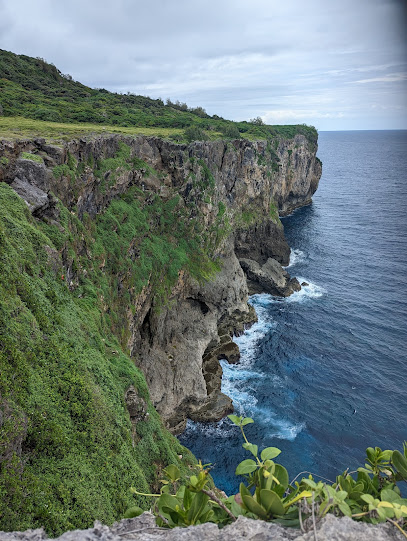
Essential places to dine
Little Italy Hotel
Discover the essence of Italy in Tonga at Little Italy Hotel – where delicious cuisine meets charming hospitality.

Friends Cafe
Discover Tongan flavors at Friends Cafe in Nuku'alofa – where great food meets warm hospitality.
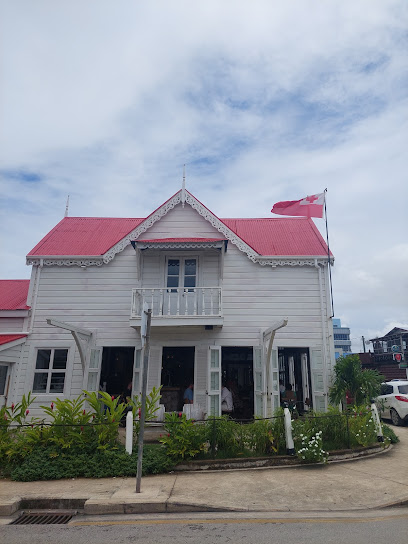
Cafe Escape
Discover Café Escape in Nuku'alofa – where Tongan flavors meet warm hospitality amidst stunning island scenery.
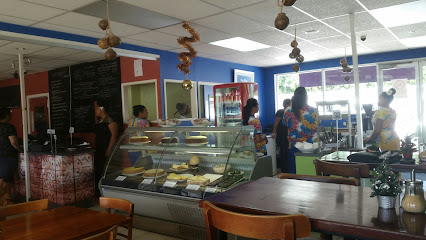
Billfish Bar and Restaurant
Experience authentic Tongan cuisine at Billfish Bar and Restaurant – where delightful flavors meet vibrant nightlife in Nuku'alofa.
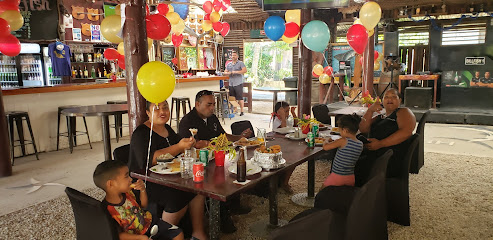
Chef Zero Restaurant
Experience authentic Tongan flavors with a modern twist at Chef Zero Restaurant in Nuku'alofa.
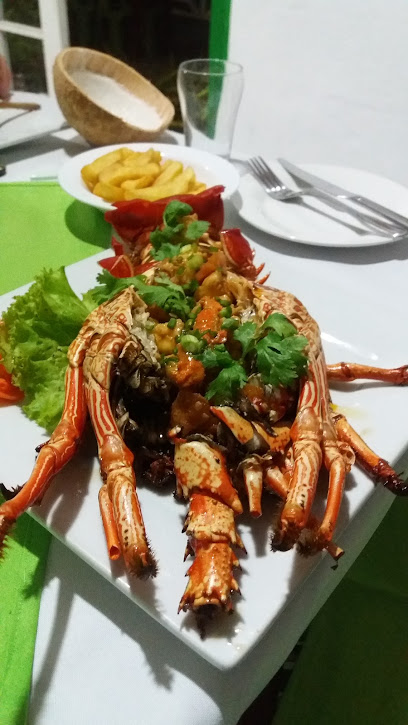
The TOP Restaurant and Lounge
Discover exquisite dining at The TOP Restaurant and Lounge in Nuku'alofa—where local flavors meet stunning views.
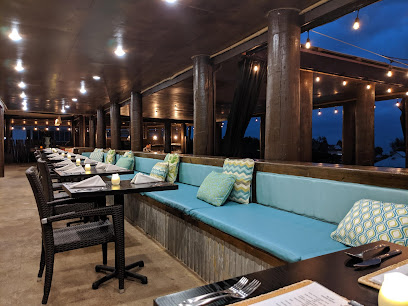
Young’s Kitchen
Discover authentic Tongan cuisine at Young's Kitchen in Nuku'alofa - where flavor meets tradition in a cozy setting.
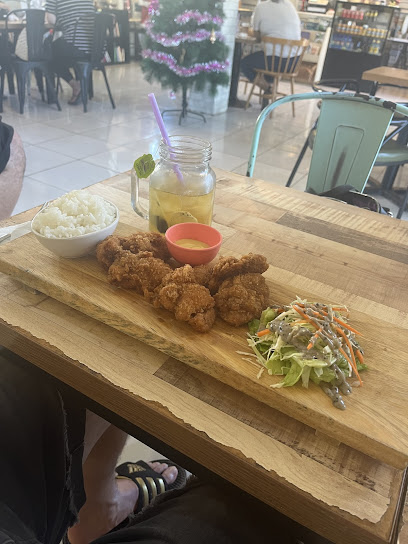
The Waterfront Cafe
Experience local flavors at The Waterfront Cafe in Nuku'alofa, offering stunning ocean views and delicious Tongan cuisine.
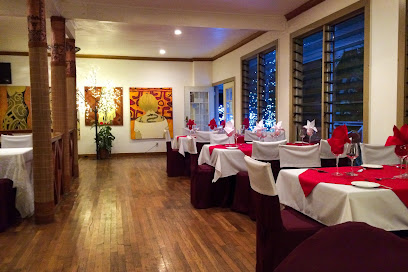
Frangipani - Korean Restaurant/Karaoke
Savor authentic Korean cuisine while enjoying lively karaoke at Frangipani in Nuku'alofa.
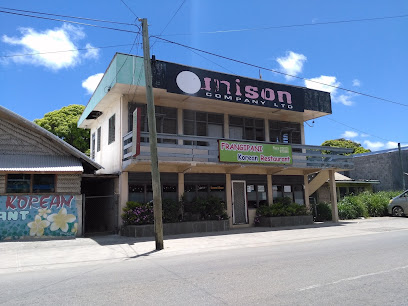
Nauti Ruby's Bar & Restaurant
Experience the vibrant flavors of Tonga at Nauti Ruby's Bar & Restaurant in Nuku'alofa, where stunning views meet delicious cuisine.
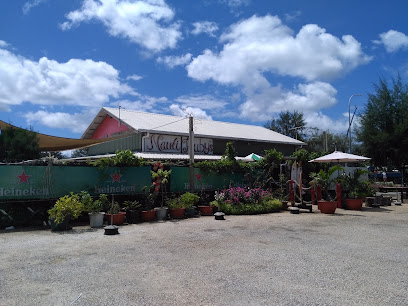
Sabrina's Chicken Vilovilo
Experience the authentic flavors of Tonga at Sabrina's Chicken Vilovilo - your go-to barbecue spot in Nuku'alofa.
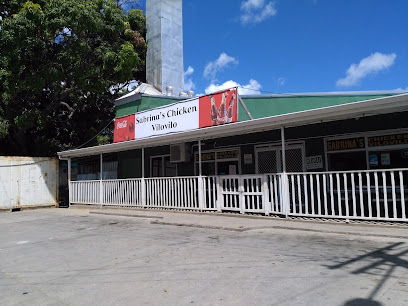
Tropical Taste
Discover authentic Tongan cuisine at Tropical Taste in Nuku'alofa – where every dish tells a story of island flavors.
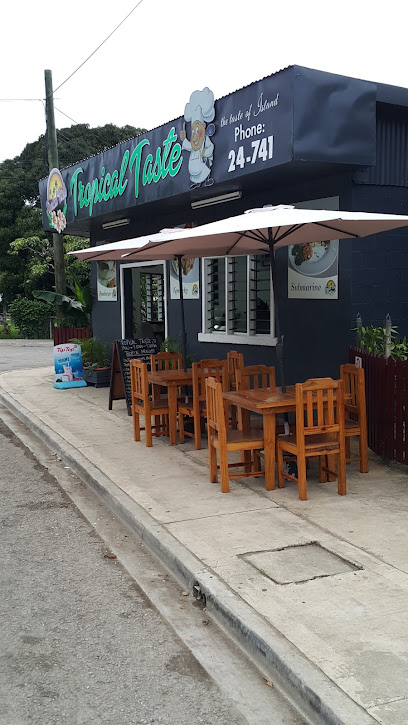
12 Seafood Restaurants
Experience Nuku'alofa's vibrant seafood scene with fresh catches and stunning coastal views that celebrate Tonga's culinary heritage.
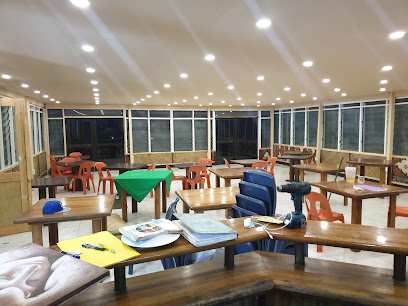
Moli Green Cafe
Discover the vibrant flavors of Tonga at Moli Green Cafe in Nuku'alofa – where every cup tells a story.
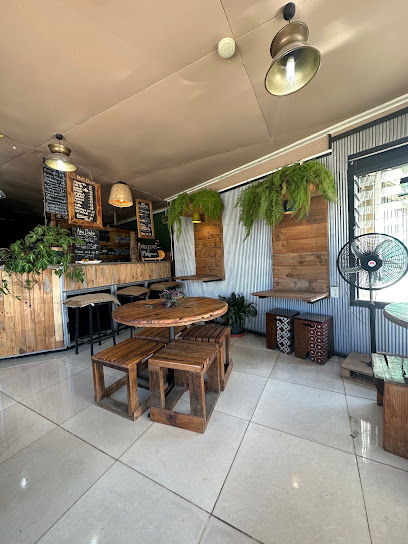
'Ofeina Restaurant
Discover 'Ofeina Restaurant: Family-Friendly Dining with Authentic Tongan Flavors in the Heart of Tonga.
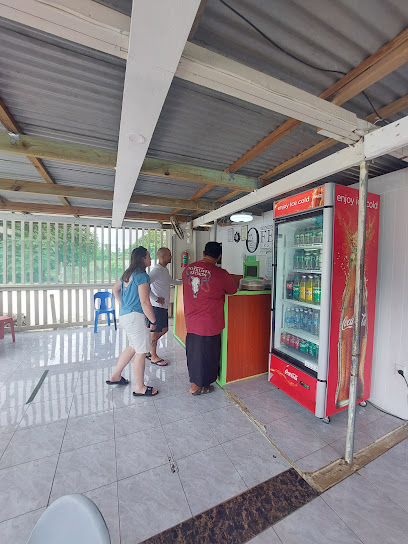
Markets, malls and hidden boutiques
Tanoa International Dateline Hotel
Discover the perfect blend of comfort and Tongan hospitality at Tanoa International Dateline Hotel, your gateway to exploring beautiful Tonga.

Ancient Tonga
Explore Ancient Tonga: A Tourist Attraction Rich in History and Cultural Heritage, Perfect for Travelers Seeking Authentic Tongan Experiences.
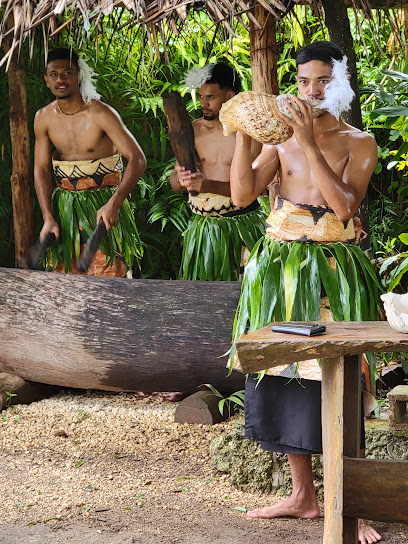
Talamahu Market
Discover the flavors of Tonga at Talamahu Market, a lively hub for fresh produce and local culture in Nuku'alofa.
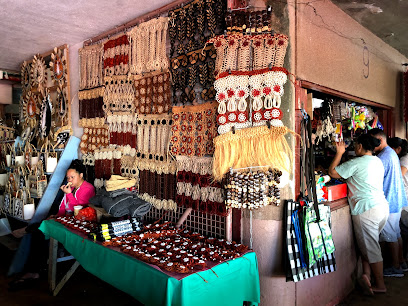
Vuna Wharf
Experience the vibrant culture and stunning ocean views at Vuna Wharf, the main cruise port in Nuku'alofa, Tonga.
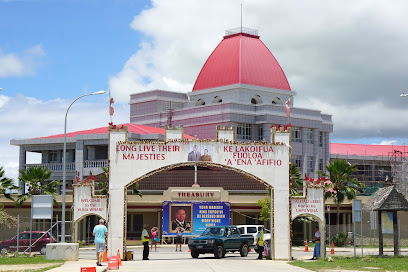
Costlow Supermarket
Explore a diverse range of local and international products at Costlow Supermarket in Pea, your essential stop for shopping in Tonga.
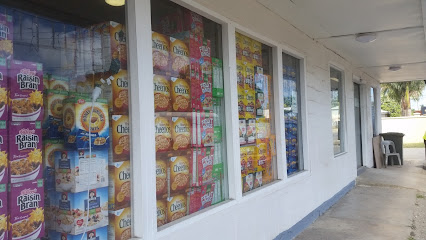
Deep Blue Diving
Discover the underwater paradise of Tonga at Deep Blue Diving, where vibrant marine life and expert guidance await your adventure.
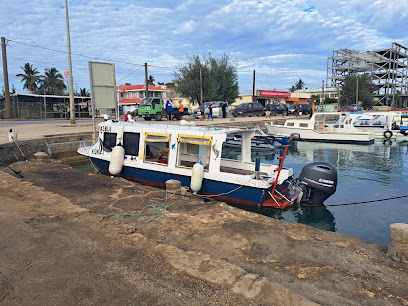
EZ TONGA ONLINE SHOPPING
Discover the essence of Tonga at EZ Tonga Online Shopping, where local goods meet convenience for an unforgettable shopping experience.

Liquor Store and Guesthouse
Experience the unique blend of local hospitality and diverse beverages at Pangai's charming Liquor Store and Guesthouse.
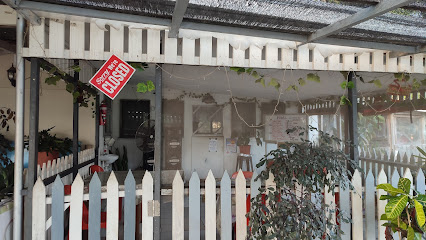
Langafonua Handicraft Centre and Gallery
Explore the vibrant artistry of Tonga at Langafonua Handicraft Centre and Gallery, a hub for unique handicrafts and cultural treasures.
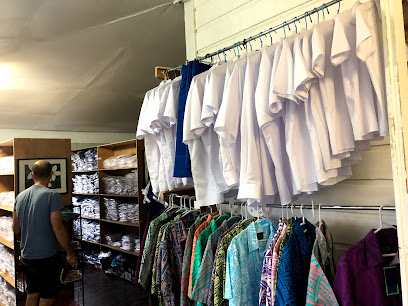
Leiola
Explore a premier beer store in Nuku'alofa, featuring a wide selection of local and imported brews for every palate.
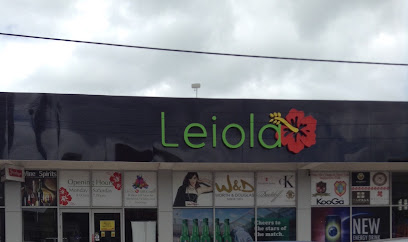
Fakafeta'i Store
Explore the charm of Nuku'alofa at Fakafeta'i Store, where quality products and friendly service await every visitor.
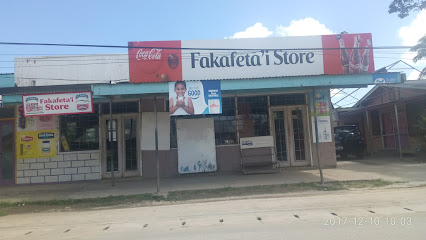
Le-Ata Tonga
Explore the essence of Tongan culture at Le-Ata Tonga, a boutique offering unique clothing and artisan crafts in the heart of Nuku'alofa.
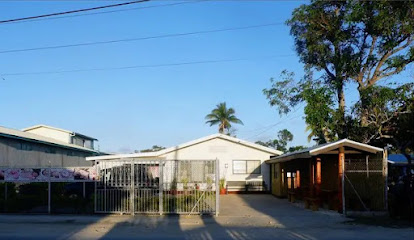
Tucker's icecream Guo
Experience the delightful flavors of Tucker's Ice Cream Guo in Pangai, where every scoop is a taste of local culture and sweetness.
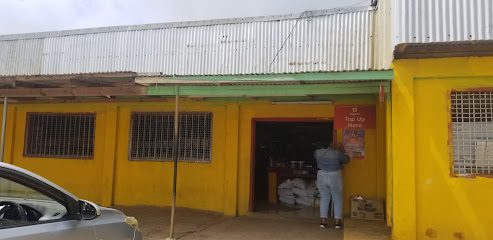
Lion Liquor
Experience the essence of Tonga's beverage culture at Lion Liquor, your go-to spot for local and international drinks in Nuku'alofa.
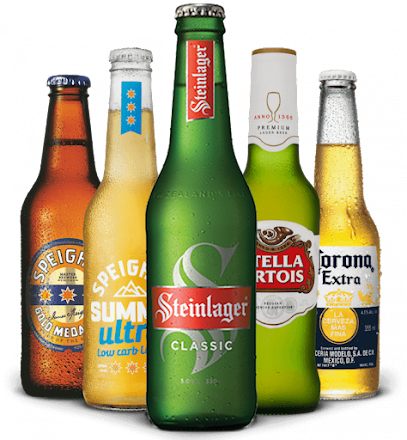
BD Fashion Tonga
Explore the vibrant styles of BD Fashion Tonga, where local culture meets contemporary fashion in the heart of Nuku'alofa.

Essential bars & hidden hideouts
Friends Cafe
Experience authentic Tongan flavors and a cozy atmosphere at Friends Cafe in Nuku'alofa, the perfect stop for every traveler.
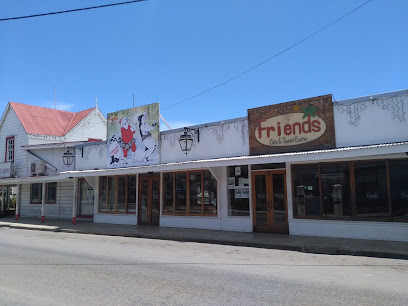
Billfish Bar and Restaurant
Discover the flavors of Tonga at Billfish Bar and Restaurant, where delicious cuisine meets stunning ocean views for an unforgettable dining experience.
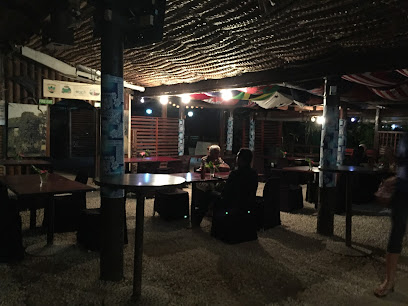
The TOP Restaurant and Lounge
Experience the best of Tongan cuisine with breathtaking views at The TOP Restaurant and Lounge in Nuku'alofa.
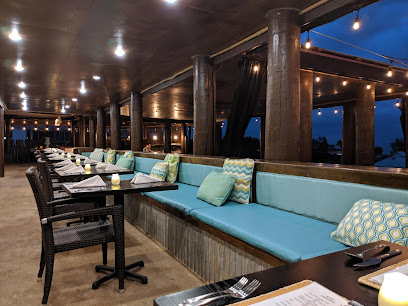
'Oholei Beach Resort
Discover the beauty and tranquility of 'Oholei Beach Resort in Lavengatonga, Tonga – a perfect blend of relaxation, adventure, and cultural experiences.
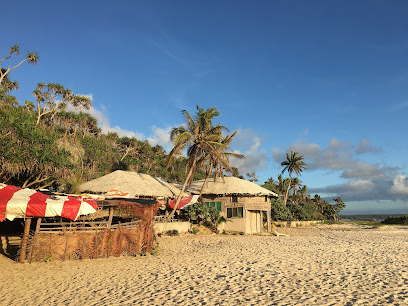
Vuna Wharf
Discover the tranquil beauty of Vuna Wharf in Nuku'alofa, a marina where the stunning Pacific waters meet rich Tongan culture.
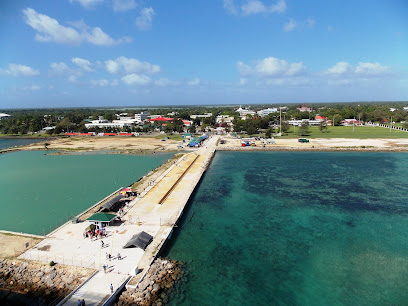
Ngutulei Bar & Restaurant
Experience authentic Tongan flavors at Ngutulei Bar & Restaurant, a vibrant dining destination in Nuku'alofa, perfect for food lovers and adventurers alike.
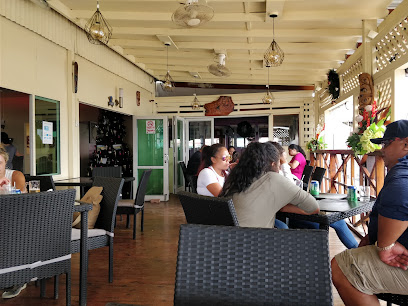
Young’s Kitchen
Experience the rich flavors of Tonga at Young's Kitchen, a hidden culinary gem in Nuku'alofa offering authentic local dishes.
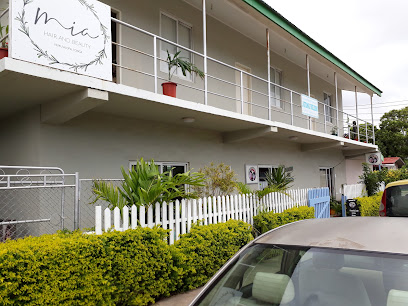
Happy Sailor Tattoo Tonga
Discover the artistry of tattooing at Happy Sailor Tattoo Tonga, where every piece tells a unique story of self-expression and culture.
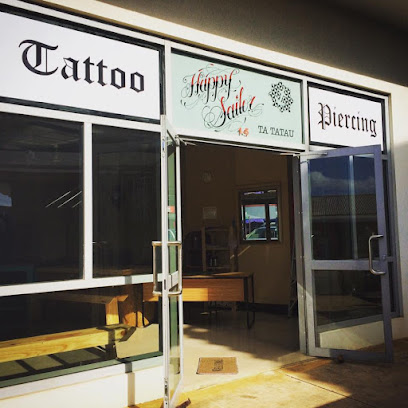
Frangipani - Korean Restaurant/Karaoke
Discover the vibrant flavors of Korea at Frangipani - Nuku'alofa's top restaurant and karaoke destination, perfect for food and fun.
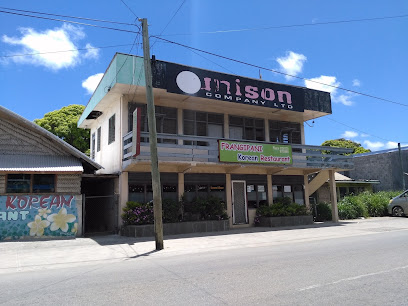
Nauti Ruby's Bar & Restaurant
Experience the vibrant nightlife and local flavors at Nauti Ruby's Bar & Restaurant in Nuku'alofa, Tonga, where every visit is a celebration of island culture.
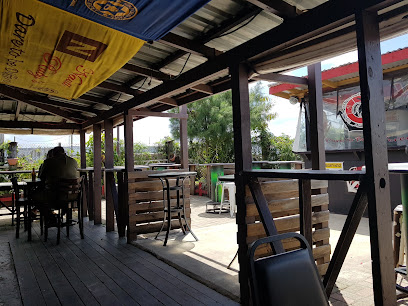
Sabrina's Chicken Vilovilo
Experience authentic Tongan barbecue at Sabrina's Chicken Vilovilo, a culinary gem in the heart of Nuku'alofa offering delicious flavors and a welcoming atmosphere.
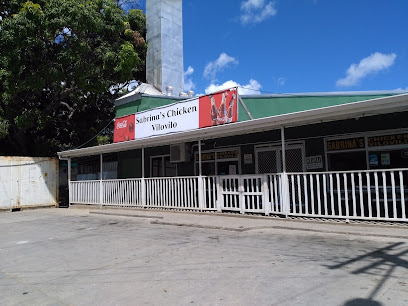
Reload Bar
Experience the vibrant nightlife of Nuku'alofa at Reload Bar, where refreshing drinks and friendly vibes await every visitor.
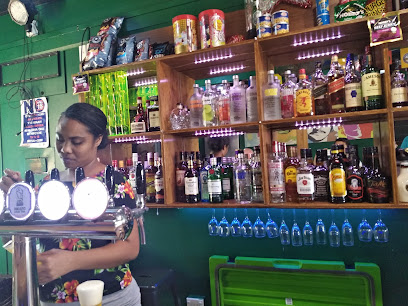
Tali'eva Inn Bar
Experience the heart of Tonga at Tali'eva Inn Bar, a vibrant bar and guest house in Nuku'alofa, perfect for socializing and relaxation.
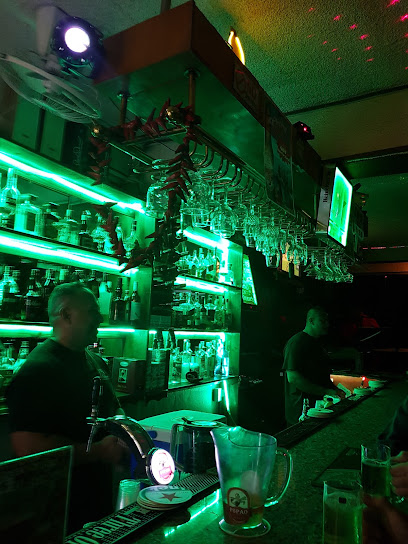
Big Mama's Bar
Discover paradise at Big Mama's Bar on Pangaimotu Island, where stunning views and delicious drinks create an unforgettable tropical escape.
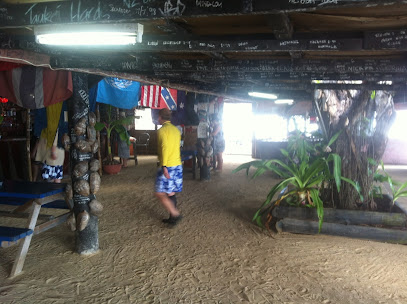
Local Phrases
-
- HelloMalo e lelei
[mah-loh eh leh-leh] - GoodbyeNofo ā
[noh-foh ah] - YesʻIo
['ee-oh] - NoʻIkai
['ee-kai] - Please/You're welcomeFakamolemole
[fah-kah-moh-leh-moh-leh] - Thank youMālō
[mah-loh] - Excuse me/SorryFakamālo
[fah-kah-mah-loh] - How are you?ʻEku ai haʻo?
['eh-koo ah-heh ha-oh] - Fine. And you?Fakaʻapaʻapa. Pea haʻo?
[fah-kah-ah-pah-ah-pah. peh-ah ha-oh] - Do you speak English?Naʻe fai lea fakapālangi?
[nah-eh fai leh-ah fah-kah-pah-lah-gee] - I don't understandʻIkai haʻo
['ee-kai ha-oh]
- HelloMalo e lelei
-
- I'd like to see the menu, pleaseTeke u fakakite ʻa e meniu, fakamolemole
[teh-keh oo fah-kah-kee-teh ah eh meh-nee-oo, fah-kah-moh-leh-moh-leh] - I don't eat meatʻIkai au ke ʻai e kau
['ee-kai ow keh ah-ee eh kow] - Cheers!Mālō!
[mah-loh] - I would like to pay, pleaseTeke u totongi, fakamolemole
[teh-keh oo toh-tohng-ee, fah-kah-moh-leh-moh-leh]
- I'd like to see the menu, pleaseTeke u fakakite ʻa e meniu, fakamolemole
-
- Help!Malō!
[mah-loh] - Go away!Foki
[foh-kee] - Call the Police!Fakapule
[fah-kah-poo-leh] - Call a doctor!Fakalotu
[fah-kah-loh-too] - I'm lost'Oku ou ʻamu
['oh-koo oh ah-moo] - I'm ill'Oku ou makamaka
['oh-koo oh mah-kah-mah-kah]
- Help!Malō!
-
- I'd like to buy...Teke u fakatau...
[teh-keh oo fah-kah-tow] - I'm just lookingʻOku ou tanu
['oh-koo oh tah-noo] - How much is it?Fakahaʻahaʻa ʻe
[fah-kah-hah-ah-hah ah] - That's too expensiveʻOku faingataʻa
['oh-koo fah-een-gah-tah-ah] - Can you lower the price?Fakakovi atu ʻe hono taʻu
[fah-kah-koh-vee ah-too ah hoh-no tah-oo]
- I'd like to buy...Teke u fakatau...
-
- What time is it?'E ha hola?
['eh hah hoh-lah] - It's one o'clock'E taha hola
['eh tah-hah hoh-lah] - Half past (10)Holomālie (ʻumi)
[hoh-loh-mah-lee-eh oo-mee] - MorningAtamai
[ah-tah-mah-ee] - AfternoonʻAhoata
[ah-hoh-ah-tah] - EveningAfiafi
[ah-fee-ah-fee] - YesterdayʻUa
['oo-ah] - TodayʻAho
[ah-hoh] - TomorrowʻApō
[ah-poh] - 1Taha
[tah-hah] - 2Ua
[oo-ah] - 3Tolu
[toh-loo] - 4Fa
[fah] - 5Nima
[nee-mah] - 6Ono
[oh-noh] - 7Fitu
[fee-too] - 8Valu
[vah-loo] - 9Hiva
[hee-vah] - 10Umi
[oo-mee]
- What time is it?'E ha hola?
-
- Where's a/the...?'I he fekau...?
['ee heh feh-kah-oo] - What's the address?'E hano fika?
['eh hah-noh fee-kah] - Can you show me (on the map)?Fakahaʻaho ʻe (ʻi he lipooti)?
[fah-kah-hah-ah-hoh eh (ee heh lee-poh-oh-tee)] - When's the next (bus)?'E hano e taimi hoko (pasi)?
['eh hah-noh eh tah-ee-mee hoh-koh (pah-see)] - A ticket (to ....)He tikitī (ki ...)
[heh tee-kee-tee (kee)]
- Where's a/the...?'I he fekau...?
History of Pangai
-
The history of Pangai, located on the island of Lifuka in the Ha'apai group of Tonga, dates back to ancient times. Archaeological evidence suggests that the region was settled by Polynesian navigators over a thousand years ago. These early inhabitants established a thriving community, and their influence is still felt today in the local culture and traditions.
-
In 1777, the famed British explorer Captain James Cook visited the island of Lifuka during his third voyage to the Pacific. He was warmly received by the Tongan people, who were known for their hospitality. Cook documented his experiences in Pangai and the surrounding areas, bringing international attention to Tonga and its rich culture.
-
The arrival of Christianity in the mid-19th century marked a significant turning point in the history of Pangai. Missionaries from the London Missionary Society landed in Lifuka and began their work of spreading the Christian faith. This led to the establishment of churches and schools, profoundly influencing the social and cultural fabric of the community.
-
In 1982, Pangai was severely impacted by a powerful cyclone that caused widespread destruction across the Ha'apai group. The cyclone demolished homes, uprooted trees, and disrupted daily life for the residents. The community's resilience and spirit were put to the test as they worked together to rebuild their town in the aftermath.
-
Today, Pangai serves as the administrative capital of the Ha'apai group and is a hub of activity for both locals and visitors. Modern developments have brought new amenities and infrastructure, yet the town has managed to retain its traditional charm. Cultural practices, such as traditional dances, crafts, and ceremonies, continue to thrive, offering a glimpse into the rich heritage of the Tongan people.
Pangai Essentials
-
Pangai is located on the island of Lifuka in the Ha'apai group of islands in Tonga. To get there, you can fly into Fuaʻamotu International Airport on Tongatapu, the main island of Tonga. From there, you can take a domestic flight with Real Tonga Airlines to Salote Pilolevu Airport in Lifuka. Alternatively, there are ferry services available from Tongatapu to Lifuka, which can take around 8 to 12 hours depending on the sea conditions.
-
Pangai is a small town, and many of its attractions are within walking distance. For longer trips around Lifuka or to nearby islands, local taxis are available. Bicycles can also be rented, which is a popular and eco-friendly way to explore the island. There is limited public transportation, so planning your trips in advance is advisable. Boat services are available for inter-island travel, and hiring a boat for a day can offer a unique way to explore the surrounding islands.
-
The official currency of Tonga is the Tongan Paʻanga (TOP). Credit cards are not widely accepted in Pangai, so it is advisable to carry sufficient cash. There is an ANZ bank in Pangai where you can withdraw cash, but it is wise to bring enough currency with you from Tongatapu or another major island. Some accommodations and larger businesses may accept credit cards, but smaller shops and local markets will require cash.
-
Pangai is generally a safe destination for tourists. However, like any travel destination, it is important to take standard precautions. Avoid walking alone at night in unfamiliar areas and keep an eye on your belongings in crowded places. There are no specific high-crime areas targeting tourists, but being vigilant and aware of your surroundings is always recommended.
-
In case of an emergency, you can dial 911 for immediate assistance. The local police station and medical facilities are available in Pangai. It is recommended to have travel insurance that covers medical emergencies. For minor health issues, there is a pharmacy in Pangai where you can purchase over-the-counter medications. The local hospital can provide basic medical care, but for serious conditions, evacuation to Tongatapu may be necessary.
-
Fashion: Do dress modestly, especially when visiting religious sites or local villages. Avoid wearing revealing clothing. Religion: Do respect local customs and traditions. Attend church services if invited, as they are an important part of Tongan culture. Public Transport: Do be respectful and greet the driver and passengers. Don't expect frequent or scheduled services. Greetings: Do greet people with a smile and a slight nod or handshake. Using formal titles and showing respect to elders is important. Eating & Drinking: Do try local delicacies and accept food offerings graciously. Don't refuse hospitality, as it is considered impolite.
-
To experience Pangai like a local, visit the local markets where you can buy fresh produce and traditional Tongan goods. Engage with locals, as they are often friendly and willing to share stories about the town's history and culture. Participate in community events and church services to get a sense of local life. For a unique experience, take a boat trip to nearby uninhabited islands and enjoy pristine beaches and snorkeling spots.
Nearby Cities to Pangai
-
Things To Do in Nuku'alofa
-
Things To Do in Foa
-
Things To Do in Neiafu
-
Things To Do in Ha'apai
-
Things To Do in Vava'u
-
Things To Do in Kolovai
-
Things To Do in Ha'ano
-
Things To Do in Eua
-
Things To Do in Levuka
-
Things To Do in Nausori
-
Things To Do in Suva
-
Things To Do in Rakiraki
-
Things To Do in Savusavu
-
Things To Do in Sigatoka
-
Things To Do in Labasa







